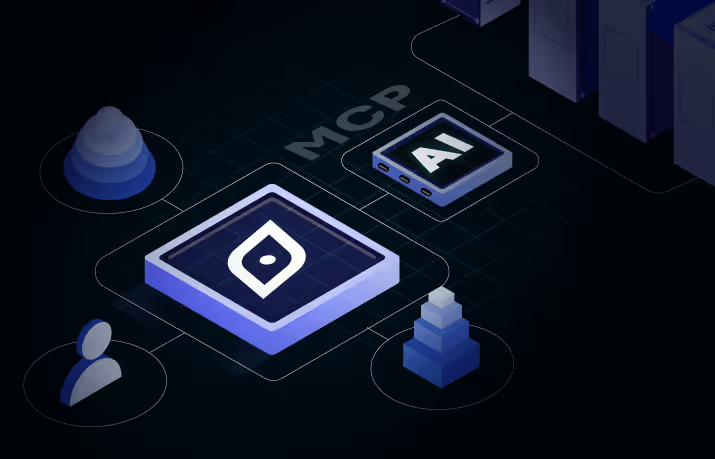Gig Work in 2025: From Flexible Talent to Workforce Strategy
In 2025, the fastest-moving organizations aren’t scaling headcount, they’re scaling capabilities through gig talent.
The drivers? Shrinking time-to-skill, specialized project needs, and pressure to scale fast without scaling headcount.
What makes gig talent strategic today is how it’s deployed, not as overflow, but as part of agile workforce design, powered by capability mapping, skill adjacency, and cost-precision data.
Gig Talent Is Becoming a Core Execution Engine
The days of “gig = support” are over.
Enterprises are now deploying gig talent across high-skill functions like product engineering, GTM, cybersecurity, and AI ops. With real-time capability mapping and access to specialist pools, enterprises can assemble agile teams in weeks.
For example, a platform rollout today might involve a FinOps consultant in London, a cloud architect in Bengaluru, and a UX specialist in Tel Aviv — each scoped, sourced, and aligned through project-fit data.
Platforms Are Evolving into End-to-End Workforce Layers
Gig platforms have evolved into execution environments and not just marketplaces.
They now manage onboarding, contract compliance, deliverable tracking, and re-engagement, all integrated into company workflows.
This is enabling businesses to scale precision workforces globally, without expanding overhead or internal ops.
Workforce Access Is Now Defined by Skill and Location Intelligence
Enterprises are using geo-skill data and role-level benchmarks to make smarter decisions about where and how to plug in contingent talent.
The result? Better project velocity, reduced hiring risk, and more efficient workforce structures.
Gig Work Is Now a Piece of the Long-Term Talent Puzzle
The future of workforce strategy doesn’t choose between full-time and gig work. It blends both to meet shifting priorities in real time. And when done right, gig workers aren’t just fast hires, they’re high-impact contributors to transformation mandates.
In a skills-first economy, the real differentiator isn’t how talent is employed, it’s how quickly it’s found, aligned, and activated. With talent intelligence, leaders can map skills, optimize costs, and design agile workforce models that include gig talent by default and not by exception.
Draup enables this shift by helping enterprises design scalable, skill-first gig strategies that align with real business goals.
Curious to know how? Book a demo now!!










.svg)

















.svg)





.svg)





.svg)
